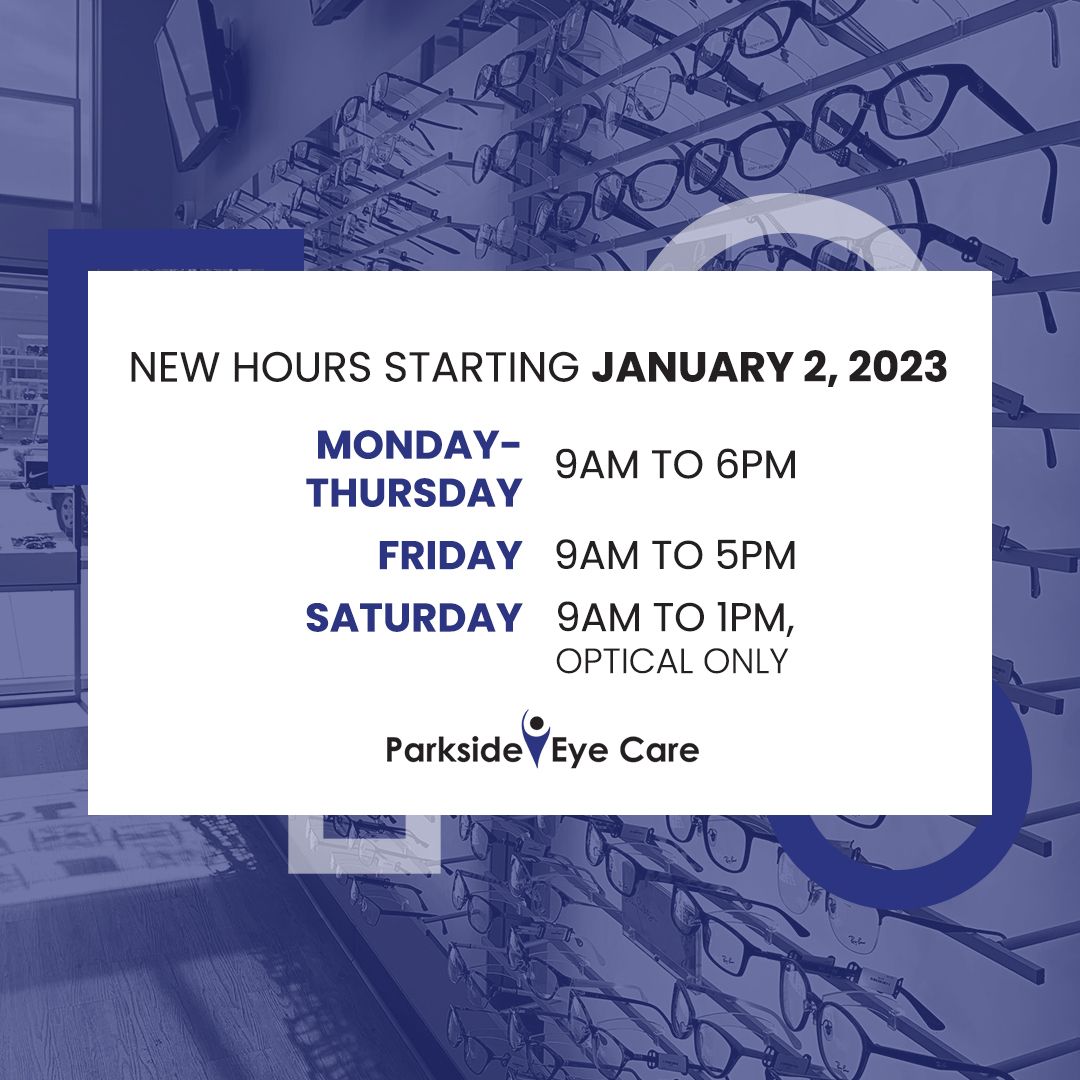
People with diabetes should prioritize stabilizing their blood sugar levels. They can experience various complications and damage their bodies and eyes if they fail to do so.
Read on to learn how you can tell if diabetes affects your eyes.
How the Eye Works
Knowing how your eyes work explains how diabetes can affect the eyes. The eye has an outer membrane covering called the cornea. It protects the eye and focuses light on it.
The light passing through the cornea travels to the anterior chamber filled with fluid and through the pupil. It then passes through the eye lens, which is effective in focusing. Light passes through another section filled with fluid in the middle of your eyeball. It then hits your retina at the back of your eye.
Your retina converts the images focused on it into electrical signals. They are then sent to your brain through your optic nerve for the brain to decode. Your retina has a part called the macula. It specializes in seeing details. The blood vessels behind and in the eye nourish your macula by constantly supplying it.
The Connection Between Diabetes and Eye Care
Diabetes increases the risk of various severe health problems. Proper eye care may not necessarily slow or prevent diabetes. However, you can do so if you treat your body right. Experts say you can decelerate your symptoms by exercising, eating a healthy diet, and prescription treatment.
Annual dilated eye exams can be a preventative eye care technique. Your doctor can also find and treat issues to protect you from losing your vision due to diabetes.
Common Eye Complications Caused by Diabetes
- Diabetic retinopathy - Diabetes can damage the blood vessels in your eye. As a result, you may experience blurry vision, retinal swelling, black spots in your field of vision, or sometimes blindness.
- Cataracts - Your eye lens can develop cloudiness.
- Glaucoma - Optic nerve damage caused by a buildup of pressure inside the eye. The onset is often sudden and can present itself as eye pain, blurriness, eye redness, and headaches.
- Eye infections - Diabetes affects the ability to fight eye infections. It can show up as a painful sty or bacterial eye infection.
How to Tell If Diabetes Is Affecting Your Eyes
The first step to telling if diabetes is affecting your eyes is through getting a regular eye examination. Your eye specialist needs to examine your retinas. They need to check if you have diabetic eye disease symptoms like glaucoma, diabetic retinopathy, and cataracts.
Such conditions often do not present symptoms immediately. As a result, detecting them may be challenging if you do not take regular eye exams. However, you can start treatment immediately if your eye doctor sees signs of eye conditions. As a result, it will prevent their progression and vision loss.
The only way you can tell diabetes is affecting your eyes is through your eye doctor. They will dilate your pupils to look at your eyes to check the blood vessels inside. Doing so will help them pinpoint diabetes symptoms.
Importance of Annual Dilated Eye Examinations
It is essential to take an annual dilated eye examination to ensure you are healthy to start early treatment. Your eye doctor will inspect for diabetic retinopathy as the first condition. It often causes symptoms over time. You may experience blank areas in your field of vision, eye floaters, and blurry vision. Inspecting the blood vessels behind your retina for leaking fluids will help detect the disease early.
For more about diabetes affecting the eyes, visit Parkside Eye Care at our office in Cary, North Carolina. Call (919) 883-9987 to book an appointment today.














